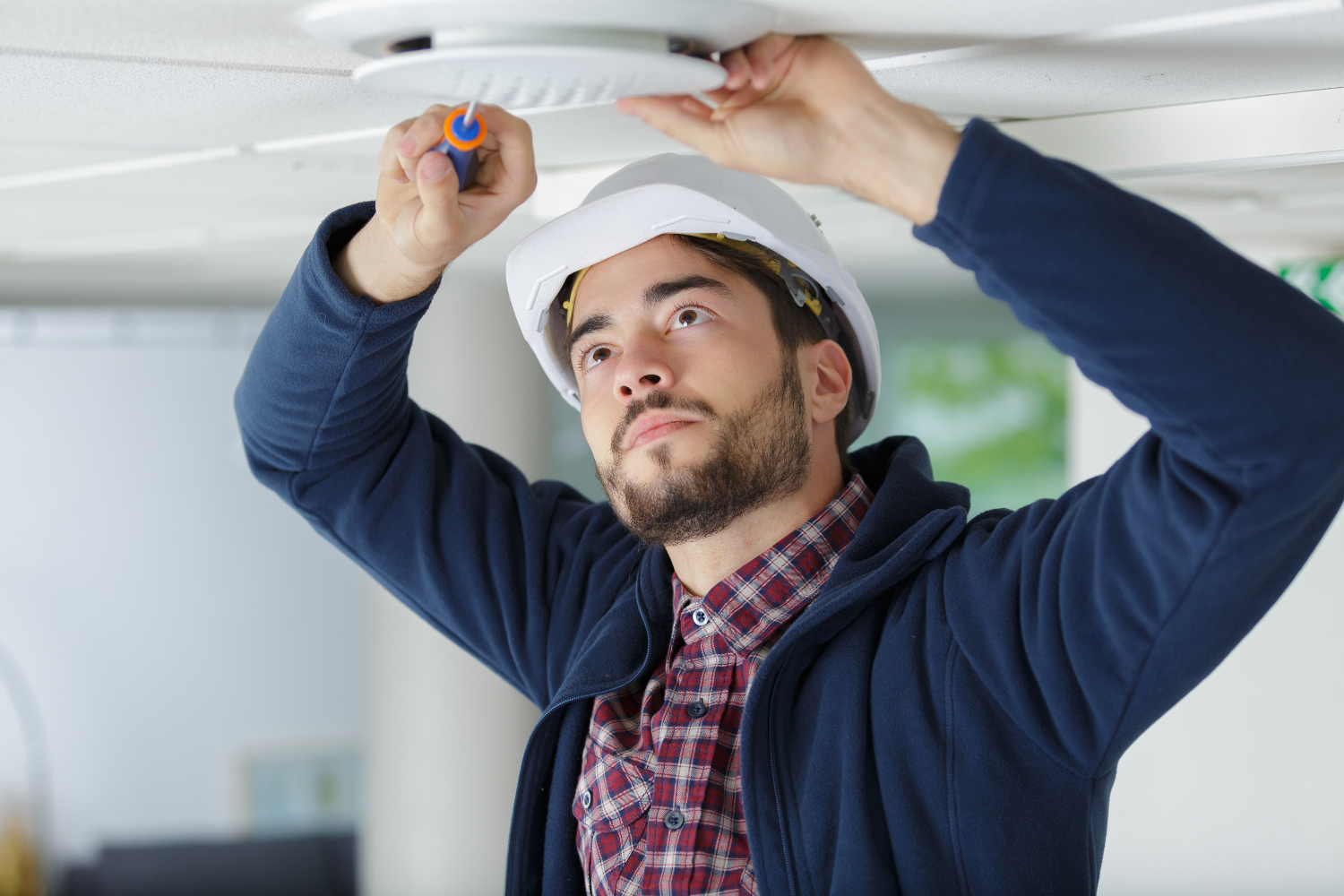Does a Shipping Container Need Ventilation?

Shipping containers are extremely versatile structures, and depending on what you’re storing, you might need a different setup. One factor to consider is that certain chemicals can leave a strong odor where they're stored, affecting the other items within the container or even in the surrounding area. Some chemical fumes can even be dangerous to the person who opens the container if they're left to build up without air flow. If this is the case for your storage requirements, you need to have a good ventilation system installed onto your container. Below, Porta-Stor will take a closer look at ventilated storage containers and the circumstances in which you might need one.
Types of Ventilation Systems Available
There are three main types of ventilation systems that can be installed in your shipping container:
- Rooftop turbine vents. Having a fan set up on the rooftop is a great option for getting the fumes up into the air but only works if you don’t need to stack containers.
- Fixed louver vent. These openings have angled slats like blinds, and can be added to the container where needed. They don’t have a fan built in, instead relying on regular airflow.
- Exhaust fan. These are similar to the rooftop turbine vents, but can be placed elsewhere on the container. They also tend to be smaller than the rooftop vents.
Each of these systems works well, so you should decide which to use based on how much ventilation you will need. You will also need to know how the items stored within the container will affect airflow and how much space there will be around where the unit will be placed. Do you need floor-level ventilation or rooftop ventilation?
Household Items
Another reason why you might need ventilation is for materials that would be damaged by the extra heat and moisture that can accumulate without proper airflow. If you’re storing any type of household item, you should consider ventilation for your container. Whether you’re preparing for a house remodel, a move, or a donation drive, you want to make sure no extra moisture gets into the container. Moisture and excess heat can ruin furniture, clothes, and paper goods. Ventilation will also reduce any odors that can build up over time from these belongings. It’s important to have constant fresh air flowing in and out of the container, and a ventilation system will help keep that air fresh.
Heavy Machinery and Vehicles
Most machinery and vehicles are built to hold up to a lot of wear and tear, but if they’re not stored properly, they will start to deteriorate. If you want to keep your machinery in top performing condition, you need to keep it in relatively mild temperatures with good air circulation. Having a ventilation system installed in the shipping container is the best way to make sure this equipment is safe from extremes.
If moisture is able to get into your shipping container and there’s no proper ventilation, this could lead to damages beyond repair to your machinery or automobiles. Problems like rust and mold love these conditions, leaving you with far more in expenses than it would have cost to outfit your container with a ventilation system.
Dry Goods
If you’re storing any type of dry goods, it’s crucial to have good ventilation in your shipping container. If there’s no airflow or ventilation, these goods will quickly be ruined by gathering condensation, which can cause rot that makes them nothing more than garbage. Not having the proper ventilation for these types of goods could lead to money lost. By ensuring that you have the proper ventilation, you’re keeping your goods safe and preserved in a dry and cool container. Keep in mind that some facilities don’t want any foodstuff stored in their containers, so check the guidelines before storing such items.
Chemicals/Pressurized Gases
Certain chemicals must have proper ventilation for storage. Some are okay in a regular storage unit, but many need a ventilated container. You will also need to check whether or not you’re allowed to store your chemicals in a shipping container, as there are some that cannot legally be stored in an enclosed space.
Pressurized gases also need to be properly stored in a ventilated storage container, and there are similar restrictions that go into storing pressurized gases of any kind. To comply with the law, these gases need to be stored in containers that are well ventilated and ones that maintain a safe temperature. Check the laws and your storage container to ensure that it complies with all the regulations for chemical and gas storage.
While there are many other reasons why you may need a ventilated storage container, these are just a few of the most common situations. If you’re putting your belongings into storage, make sure they’ll be as protected as possible and come out in the same great condition. Choose the right shipping container and ventilation system for your situation for the best outcome. For more information on shipping container storage safety, check out Porta-Stor’s blog here!
